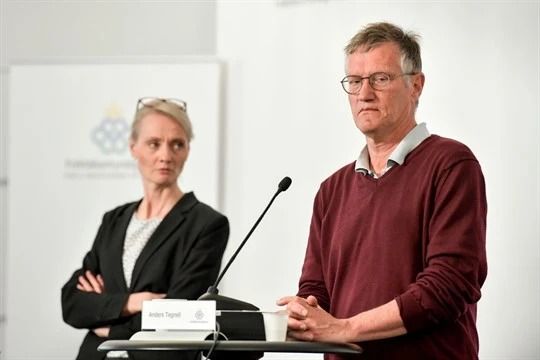The prestigious news outlet mapped the performance of 30 leading economies by plotting their public health and economic outcomes and grouping them based on whether they have instituted light, moderate or severe restrictions on commerce and social interactions.
The matrix included countries and territories’ economic outcomes, including the benchmarks of GDP, unemployment and fiscal stimulus packages and health outcomes based on testing, infection and death statistics provided by health ministries and government authorities and graphed by Worldometer and Johns Hopkins University.
As seen in the ranking chart, Vietnam stands at the furthest end with “better public health outcome,” with Taiwan coming close, followed by New Zealand, South Korea, Iceland, Argentina and Australia.









